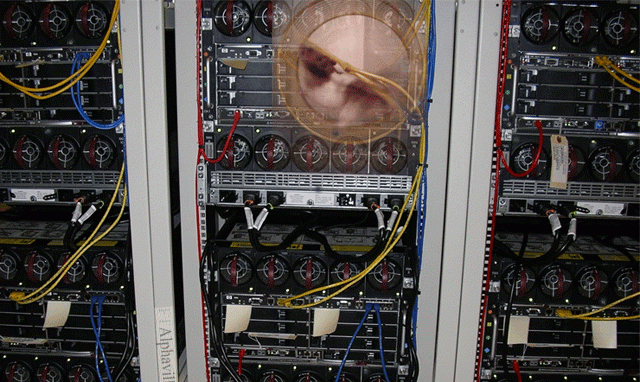Who called this a weed?
The desire to create electricity from living organisms may not be completely new...

But what if I told you it could be done using seaweed? In their brilliant paper, Shlosberg et al. do just that and investigate bioelectricity generation using live marine photosynthetic macroalgae.
Summary
Microbial fuel cells (MFCs) are neat pieces of tech. They use certain bacteria to produce electricity in an electrochemical cell. These bacteria perform external electron transfer (EET) to the anode or accept electrons from the cathode and, in doing so, create a current.
Bio-photoelectrochemical cells (BPECs) take this a step further. These are a sub-class of MFC's that produce a photocurrent from photosynthetic organisms like cyanobacteria or microalgae.
Utilising more evolved photosynthetic organisms in BPEC's had never been reported...

Enter Shlosberg et al, who report the first ever use of Ulva macroalgae (seaweed) in such a system. They configure the BPEC for macroalgal tissues by using stainless steel anode clips that hold the seaweed in place in the solution (see figure 1). As natural light shines on the seaweed, the plant produces NADPH, which diffuses towards the anode clips and transfers electrons, creating current. These BPECs produce electrical currents of >50 mA/ cm2, not bad compared to solar panels (28-100mA/cm2).
As a result of their findings, they propose the following configuration for future BPEC setups:

Why all the fuss?
So, what's so cool about all this and what can it teach us?
(1) Macroalgae can produce bio-electrical currents in a simple, inexpensive way using seawater, one of the most abundant resources on the planet.
(2) We can get a bio-electrical current in the dark or light, with or without added bias on the anode.
(3)Imagine using BPECs in industrial settings where the seaweed is grown for food, plastics or fuels while also performing solar energy conversion. How epic would that be?
In all seriousness though, I think it's time we renamed seaweed.
Want to get involved?
Contact us at peter@bluetechbase.com
Share this:
Tweet



.jpeg)